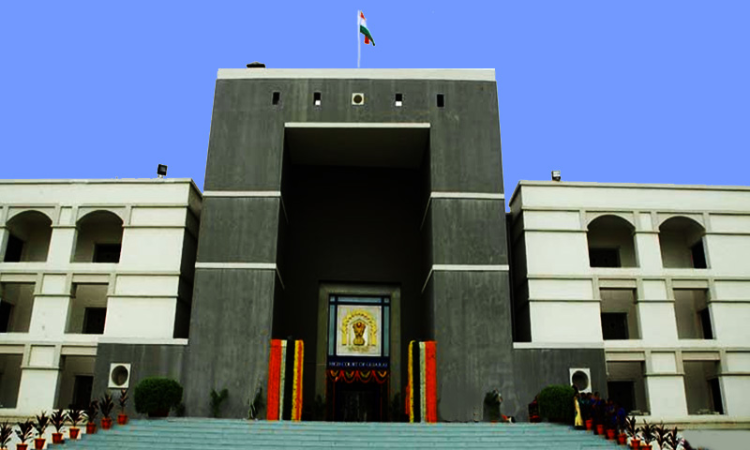The Gujarat High Court has recently affirmed that in dispensing with departmental inquiry, the authority must arrive at a satisfaction that it is not reasonably practicable to follow the procedure and it must record reason to show that such satisfaction is arrived at on objective facts and not on whims and caprice.Further, Justice Sangeeta Vishen observed that parties concerned will be put...

